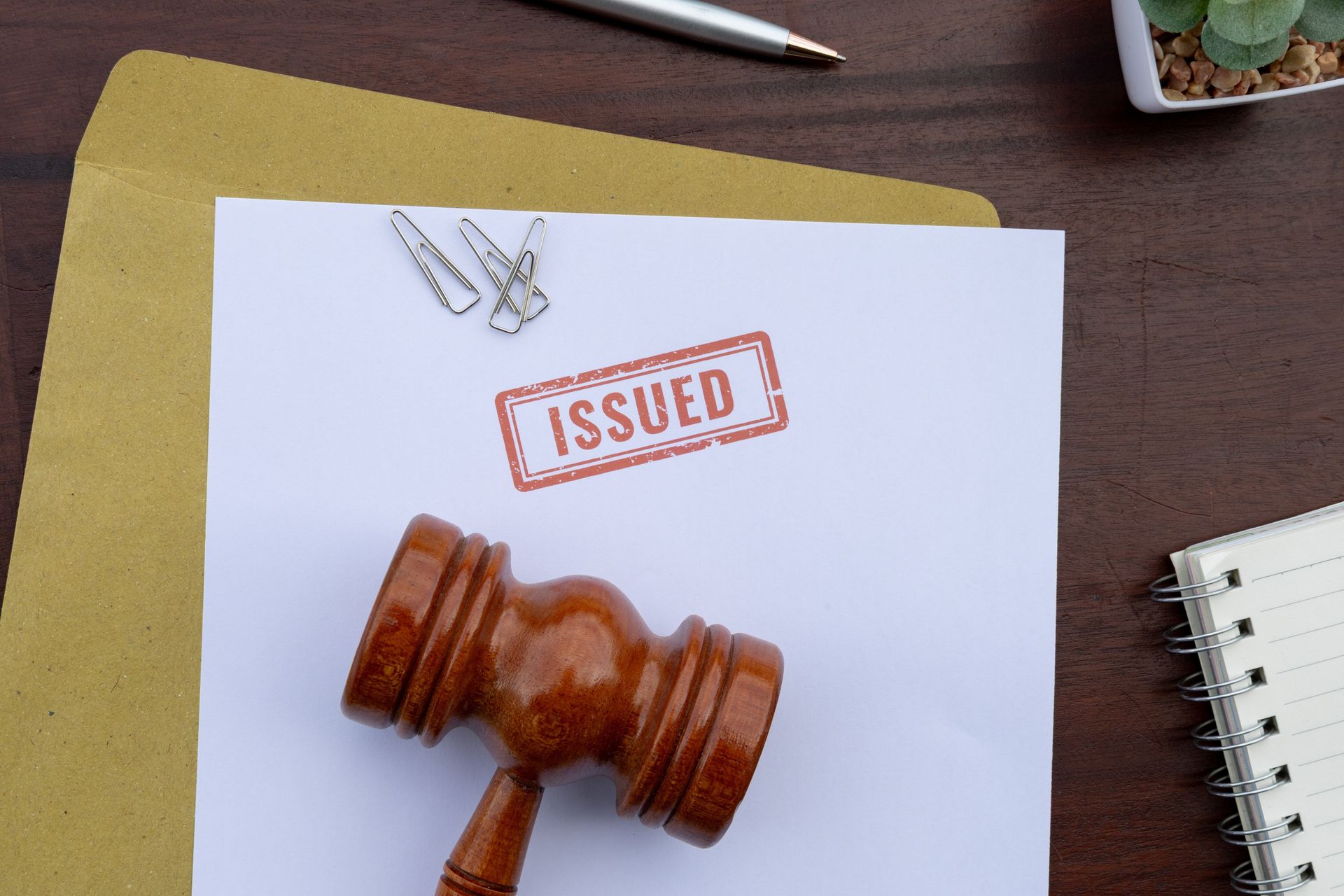Understanding the Role of a Process Server in Legal Proceedings
You've probably heard of process servers and maybe even seen one on TV from time to time. Yet, if you're like most people, you may not have a clear idea of their role in the legal process.
Process servers are a vital part of ensuring that justice is properly carried out and regulations regarding legal documentation are followed. The actions and services of process servers are an important part of ensuring fairness in the court system.
What Is a Process Server?
A process server is a professional in the legal field who ensures the timely and lawful delivery of court documents. Process servers are required to follow the local laws of their region to deliver documents based on specialized requirements. For example, some documents are required to be hand-delivered, while others can be posted at the party's residence.
How a Process Server Fits Into Legal Proceedings
The main role of a process server is to deliver legal documents to individuals involved in a court case. The documents served depend on the nature of the case and ensure the individual receives required notifications about upcoming legal proceedings. The process server must also record each step of the delivery process and provide proof that documents were properly served.
What Can a Process Server Do and Not Do?
A process server is responsible for delivering various legal documents, including summons, complaints, subpoenas, writs, court orders, etc. They must adhere to strict legal requirements during the process. Challenging situations may arise during the delivery, making it difficult for the server to accurately locate the individual or deliver documents. Navigating these situations effectively requires a process server to use investigative skills and take extra measures to deliver documents on time. Even when handling difficult situations, process servers must follow specific legal requirements.
A process server can:
- Deliver documents following legal requirements
- Leave documents with a responsible adult at the recipient's home or workplace (a copy must also be mailed to the address)
- Publish a notice in a newspaper (when a defendant's whereabouts are unknown)
- Serve documents through electronic channels such as email or fax (in certain circumstances when legal requirements are met)
A process server cannot:
- Open a mailbox or examine mail in a mailbox that is already open
- Pretend to be someone they aren't (e.g., law enforcement)
- Enter a residence or business illegally
Benefits of Process Servers in the Legal System
Process servers play a crucial role in the legal system by ensuring a defendant's rights are protected. Delivering court documents ensures that individuals involved in a legal case are properly notified of the legal proceedings against them and their related responsibilities. As authorized individuals, process servers follow strict legal requirements to serve documents correctly and provide proof that the documents were received. This proof allows other professionals in the court system to confidently carry out their duties and maintain efficient legal operations without unnecessary delays.
Fast, Reliable, and Professional Process Serving You Can Count On
Process servers play a vital role in ensuring fair and efficient services in Florida's court systems. These services must be performed following specific legal requirements to uphold justice. Legal professionals in Sarasota, Manatee, and Charlotte counties have trusted Heritage Process for reliable process serving since 2010.
From same-day processing to challenging cases, our certified process servers provide efficient services carried out in full compliance with the law. We have the investigative tools and specialized skills to find and serve reluctant defendants so that related legal cases can seamlessly proceed through the legal system.
Contact us today to learn how we can help you meet the objectives of your busy legal practice.
Image Source:
No-Mad / Shutterstock





